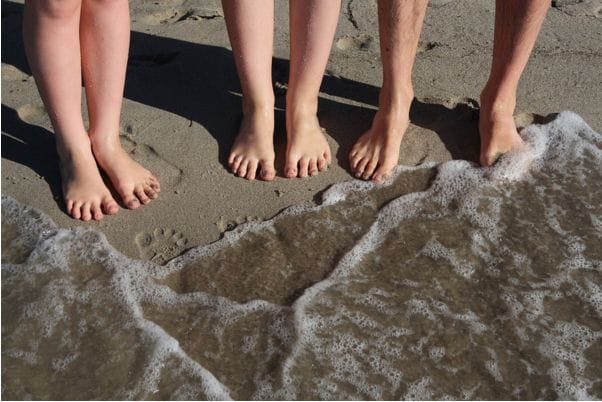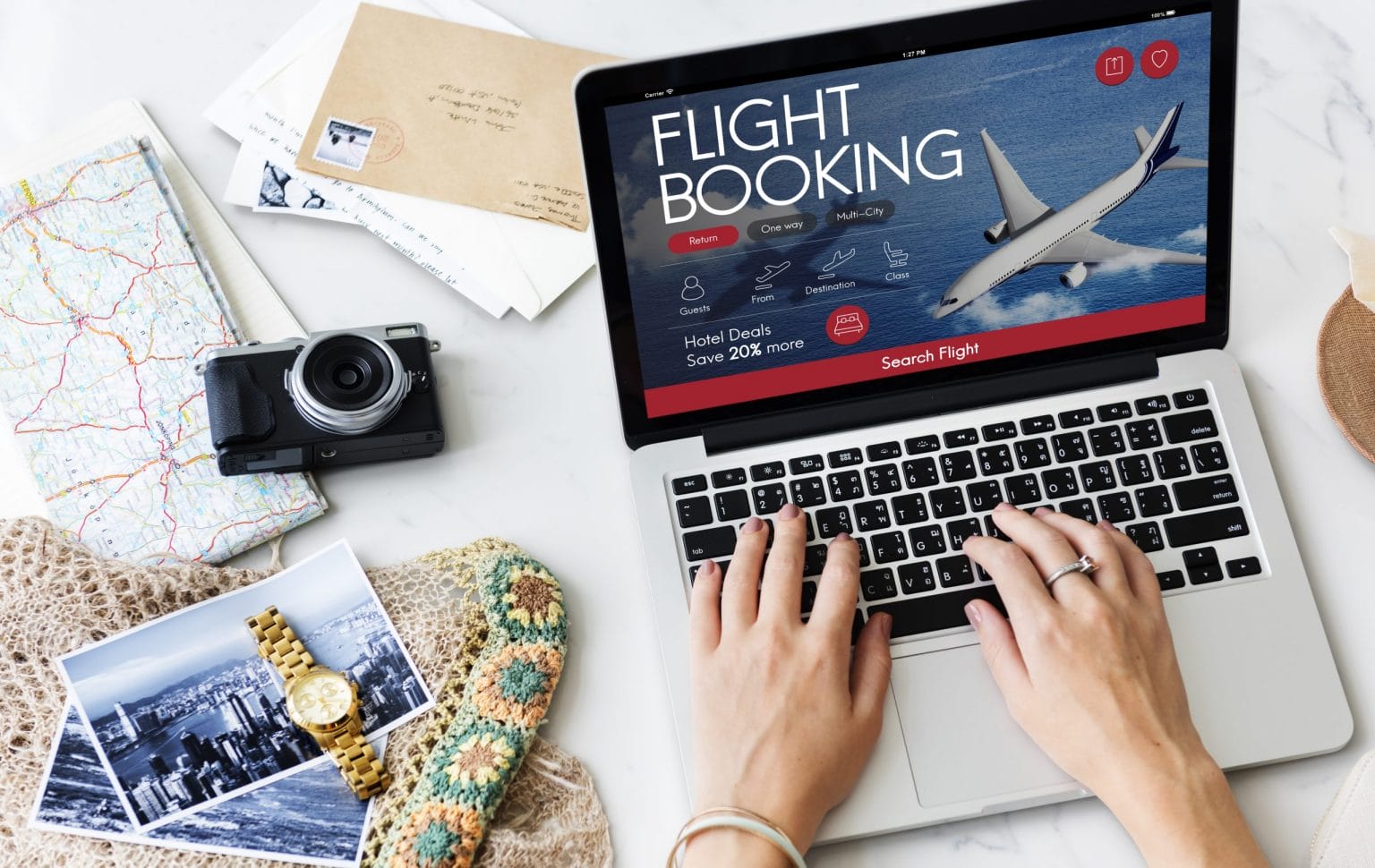If you’ve done any amount of travelling, you’ve probably come across the concept of a return ticket. There are various kinds of tickets you can buy for trips; some are one-way, some are return, and there are other kinds you can get as well depending on what sort of trip you’re looking to take. A return ticket is one of the most common ways you can travel, but what does “return ticket” mean? That’s what we’re here to tell you today. Here’s what websites and travel agents mean when they say “return ticket”. We’ll also discuss whether or not this option is for you.
What does return ticket mean?
First, let’s define our terms. A return ticket essentially refers to a ticket that you can use both to travel to your destination and to travel back. This is distinct from a one-way ticket, which will only send you “one way”, as the name would imply. Using a return ticket, you can travel to your destination, then use the second component of your ticket to “return” to where you came from. It’s a pretty simple concept, but it can still flummox some people!
When should you buy a return ticket?
In order to fully answer the “what does return ticket mean” question, we’ll need to discuss the situations in which you may want to purchase one as well. A return ticket is perfect for when you know you’ll be returning to your destination and you won’t be staying where you’re travelling to for very long. If you’re enjoying an extended stay at your destination, then it should stand to reason that a return ticket wouldn’t be an appropriate purchase for you.
What is an “open return”?
An open return is a type of return ticket with special conditions. If you buy an open return, then your outgoing ticket is usually for a specific time, but your return ticket can be used anytime after that. For this reason, open return tickets can often be more expensive than their regular counterparts. Sometimes, though, you will find open return tickets at a lower price, especially if you’re intending to take your return trip during peak travel hours (usually mornings and early evenings).
Why wouldn’t you buy a return ticket?
You might be thinking that a return ticket is pretty much the only kind of ticket you would want to buy for travelling, and you wouldn’t be wrong in most instances. There are very few reasons to buy single tickets; if you’re intending to return, then the answer to “what does return ticket mean” is “it means the ticket you should always buy”. However, if you’re not returning to your destination within a month (when travelling by train) or you’re staying for an indefinite period of time, then a return ticket may not be a good idea.
Would a single ticket be a better idea?
If you’re looking to get the cheapest possible deal on train travel, then it would make sense that you’d want to avoid a return ticket and pick up a single instead. After all, single tickets are invariably cheaper than returns (usually, anyway; UK train travel can be a little different in this regard). In addition, if you’re going somewhere to live and you know you won’t be coming back anytime soon, then there’s no point at all in buying a return ticket and you should buy a single.
Could booking separately save money?
Sometimes, booking flights separately – that is, booking your first flight, then booking your second later on – can actually save you money. Estimates suggest that it’s possible to save up to a fifth on the cost of your flight if you book separately. This does not, however, mean you should book one later than the other. It means you should book them both at the same time, but book them as separate flights so that they’re not part of the same purchase.
Tips on getting cheap tickets
If you want to get a return ticket, you’ll probably want to get the cheapest deal you possibly can, especially since train travel can be so prohibitively expensive (in the UK, at least). We’ve got some tips for you to book the cheapest return tickets you can across any travel method.
- Book as early as you can – return tickets tend to be cheaper the earlier you manage to book, so try to make sure that you book early to avoid potentially expensive tickets
- Don’t fixate on a single time – if possible, try to get a ticket at a different time than the one you need, because if you’re travelling at peak times, you’ll find that trains are much more expensive
- Don’t travel at the weekend – you might not be able to help when you travel, but if you can, try to avoid travelling at the weekend, as this is when travel volumes go up and you won’t get tickets as cheaply
- Buy a railcard if you can – railcards often lower prices for travel, so if you’re in a position to purchase a railcard, try to make sure that you do this (although the criteria can be quite specific, so make sure to look this information up in your area of residence)
We hope this guide on return tickets has been helpful, and has helped you to make a decision regarding your travel plans. When you purchase ahead of time, stay flexible, and keep your options open, you can keep your travel costs down significantly!




